Director/producer Shasha Nakhai spent the first fifteen years of her life in Nigeria. “Growing up,” she says, “power–or the lack of it–was very much a defining fact of life. All of my childhood memories, in some way, are related to this issue. I remember being fanned to sleep by my parents during week-long blackout periods because it was too hot. When I moved to Canada when I was fifteen, I was able to gain perspective on how insane it actually was.”
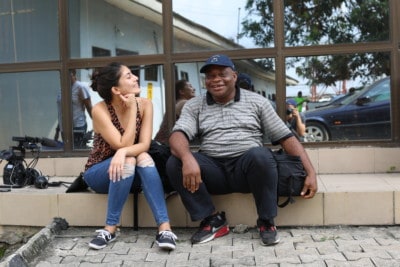
Director Shasha Nakhai with a film subject
Nakhai decided to make a documentary, Take Light, which draws attention to this crisis. It’ll be premiering at Hot Docs later this month. In it, Nakhai follows two workers from the previously state-owned Port Harcourt Electricity Distribution Company (PHED), Martins (designated head technician of linesmen and technicians) and Deborah (a sales rep/de facto debt collector). “Being from there, I wanted to present a more well-rounded picture of people in Nigeria and how they’re trying to make their lives better,” she explains. “Their jobs were so difficult, and at the end of the day, they were so grateful they had a job. It makes you assess your idea of happiness. We in the west are constantly in search of happiness. There people have much less–and they work much harder–and they still have happiness.”
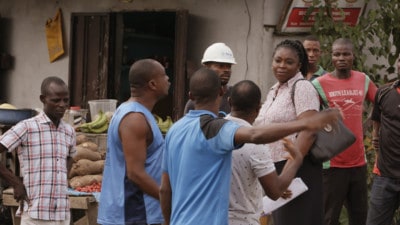
Deborah, a customer service rep, tries to reason with angry customers
There have been minimal improvements to the energy system since privatization in 2013, but even for those who can afford power, outages are still a daily occurrence. Nigerians receive an average of four hours of power per day. This erratic access leaves many to rely on backup generators, which produce emissions and contribute to further environmental degradation. For the unemployed who are unable to pay their power bills, power theft through dangerous makeshift wiring is also common.
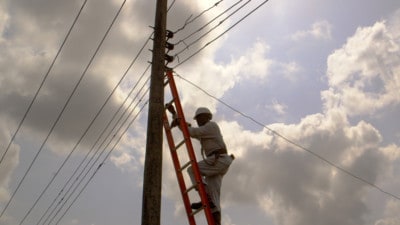
Martins works on a transmission pole
“People actually die sometimes when the power goes out because the life support machines go out and the backup generators either take too long to kick in or they run out of diesel,” says Nakhai. “When my father passed away, my mom spent an entire day driving around the city just looking for a morgue that had working refrigerators.” Often, morgues are forced to “dry-embalm” bodies by placing them out in the sun. Fires, carbon monoxide poisoning, and generator-related burns (caused when people try to top up the diesel before the generator cools down) are also daily occurrences.
“Nigeria is very much Mad Max land: we worship oil,” she says. “The way the country is set up is very much in support of the fossil fuels industry. There’s a lack of vision for the future. I don’t know if things were cleaner back then when I was growing up, but when we were shooting the film, we’d go home at the end of the day and our feet would be so dirty–it was actually soot. You’d clean the floors and the next day there’d be a fine layer of black soot on things.”
Nakhai concedes there are no easy answers when it comes to fixing this problem. “Right now over 80 per cent of the power comes from natural gas, which is just wasted,” she says. “[We must improve] gas infrastructure to actually make use of the gas that’s a byproduct of petroleum extraction, also diversifying the energy mix away from fossil fuels. But even that is difficult because Nigeria just put an import tax on solar panels.”
Nakhai hopes to build bridges of understanding with the film. “I feel international audiences don’t know that much about Nigeria and it’s a very big player on the world stage. It’s Africa’s most populous nation and Nigerians make up a large percentage of refugees trying to make it to Europe,” she says. “I also hope the films makes people take a look at their communities and where their power comes from and becomes a rallying call to the transition to more clean forms of energy.”
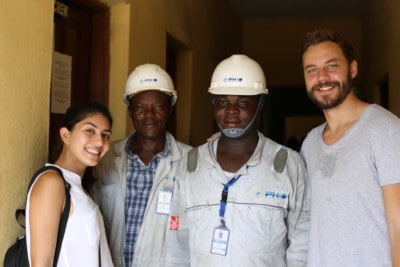
Director Shasha Nakhai and DOP and Editor Rich Williamson
Take Light screens at Hot Docs on April 27, May 1, and May 3. Get tickets here.


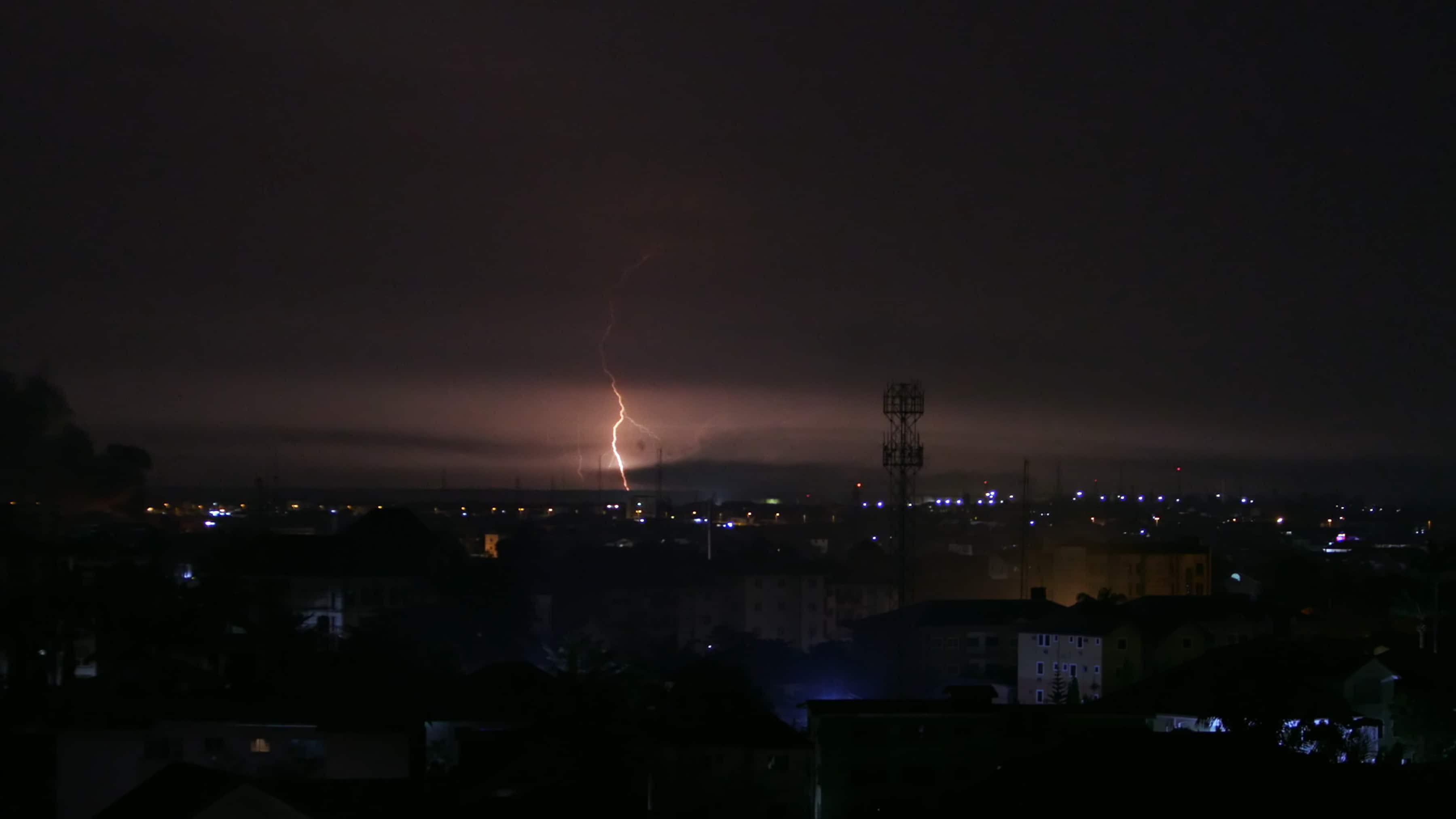
 Follow Us On Instagram
Follow Us On Instagram
